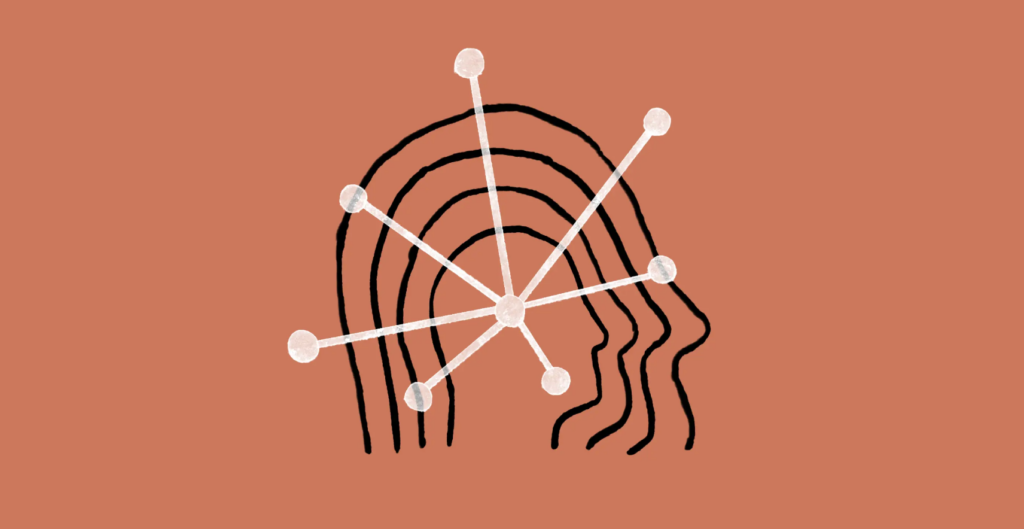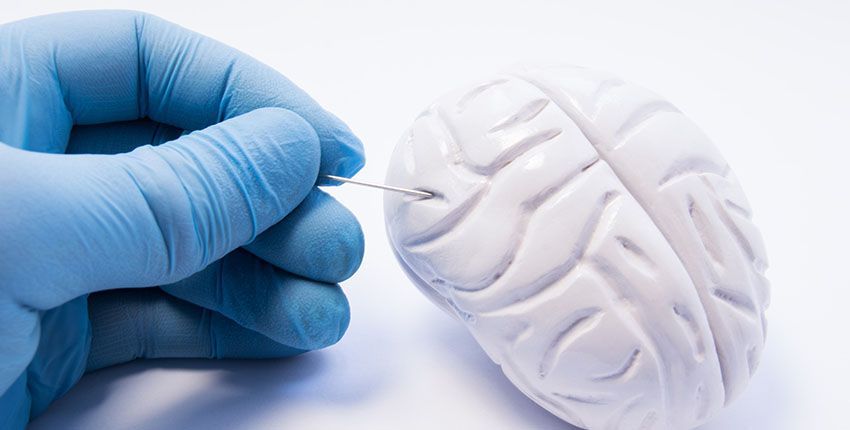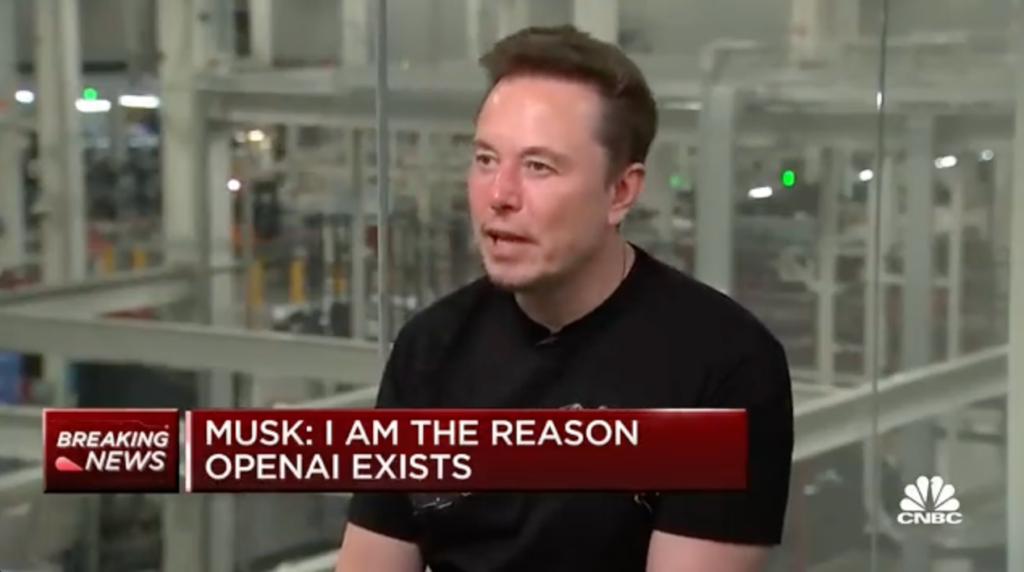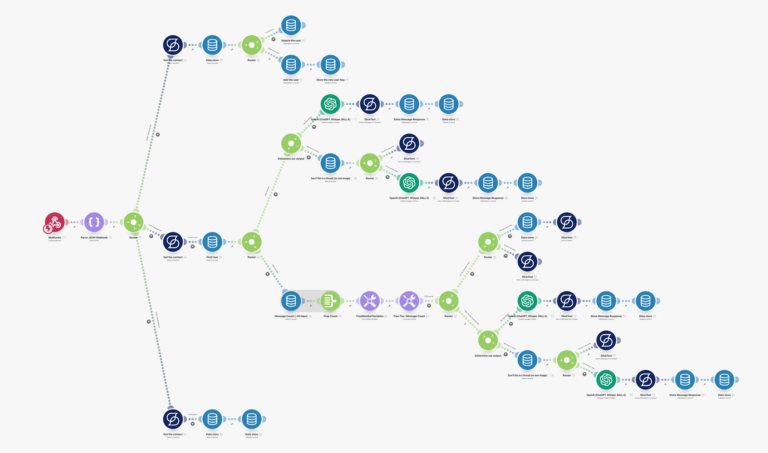01: Pioneering Harm-Free AI

The AI landscape is ever-changing and evolving at a rapid pace. Last week, we discussed the potential of Code Interpreter and GPT-4 and how they are worth taking seriously. Yet, here we are again, with a competitor stepping into the ring – Claude 2, the latest large language model from Anthropic.
Anthropic, a renowned AI firm founded by former researchers from OpenAI, is making waves with the release of Claude 2. This new model is designed to compete with, and potentially exceed, other widely recognized AI models such as GPT-4, Google Bard, and Bing.
Claude 2 is not just another AI model. It’s a significant upgrade that boasts improved conversational abilities, more articulate explanations of its thought processes, a safer output mechanism, a longer memory, and strengthened programming, mathematical, and cognitive skills.
That’s a mouthful but also incredibly big for users like you and I.
But what sets it apart is its ability to analyze extensive content, from documents, memos, and letters to technical documentation and even full-length books.
One of the standout features of Claude 2 is its ability to process up to 100,000 tokens at a time. Pro-tip in AI, a token is equivalent to a small word. This is a massive leap from ChatGPT’s standard limit of approx 24,000 words.
The ability to consider more context improves the quality of responses and diversifies the tasks Claude 2 can undertake. It’s like having a supercharged AI assistant that can easily handle complex tasks.
Here are a few reasons to take this seriously:
- Extended Token Limit: As mentioned, Claude 2 can process up to 100,000 tokens at a time. This means it can handle more significant tasks and provide more comprehensive responses.
- Improved Performance: Claude 2 has shown significant performance improvements. It scored 76.5% on the multiple-choice section of the Bar exam and 71.2% on the Codex HumanEval Python programming test. These scores are a testament to its enhanced capabilities.
- Safety Measures: Anthropic has strongly emphasized safety with Claude 2. It’s designed to be less likely to produce harmful outputs & has a built-in feedback loop to optimize the model.
- File Upload Capability: Unlike ChatGPT, Claude 2 allows users to upload files for processing. This means you can feed it a document and have it generate a summary, extract key points, or even rewrite the content.
- Cost-Effective: Despite its advanced features, the Claude 2 API is being offered to business customers at the same price as its predecessor, Claude 1.3.
🧠 The release of Claude 2 is a significant development in the AI industry. It’s a powerful tool businesses can leverage to automate tasks, generate content, and improve efficiency.
Whether you’re a developer looking to integrate AI into your applications or a business owner seeking to streamline operations, Claude 2 offers a compelling option worth trying as you experiment with GPT4.
02: AI Detects Tumors In Realtime

AI is making remarkable strides in the rapidly advancing field of medical technology. The latest breakthrough is an AI tool developed by scientists at Harvard Medical School (HMS) that can quickly decode the DNA of brain tumors during surgery.
This process usually takes days or weeks and can now be done in real-time.
This means surgeons can make crucial treatment decisions in the operating room.
The AI tool, CHARM, is designed to help doctors understand the nature of a brain tumor during surgery. This is a big deal because it means surgeons can immediately decide how much tissue to remove and where to deliver targeted drugs based on the tumor’s DNA.
CHARM was developed using thousands of brain tumor samples. When tested on new brain samples, the tool could identify tumors with specific molecular mutations with 93 percent accuracy. It could also classify three significant types of gliomas, which are tumors that start in the glial cells in the brain and spine, with an accuracy of 91 percent!
🧠 From a business perspective, this development is a significant step towards real-time precision oncology. It could revolutionize how brain tumors are treated, leading to more effective surgeries and better patient outcomes. This could also open up new opportunities for AI development in the healthcare sector, with potential applications in diagnosing and treating other types of cancer.
But the implications go beyond healthcare.
Imagine a business that can make real-time decisions based on immediate data analysis like surgeons using CHARM. This could apply to anything from adjusting marketing strategies based on real-time customer behavior to making instant supply chain adjustments in response to sudden changes in demand or supply conditions.
While CHARM is freely available to other researchers, it still needs to be clinically validated and approved by the FDA before it can be used in hospitals. But this tool represents a promising advancement in the fight against brain cancer.
03: Elon’s New Venture – xAI

Elon Musk, who needs no introduction for most of us, has announced the formation of his latest company, xAI. This new venture boasts an all-star cast of 12, including Igor Babuschkin, the mind behind DeepMind’s StarCraft player that beats humans, and Jimmy Ba, who is responsible for the building blocks of modern transformers and neural nets, amongst other incredible team members.
However one very key element is missing: there’s not a single [visible] female on staff.
Compared to, for example, Mira Murati OpenAI’s CTO, who is quite possibly one of the most influential and powerful CTOs in the world, Musk states this “Anti-woke” company is working towards a product because others are too politically correct – quite the brazen stance.
Not many know, but Musk was one of the founders of OpenAI, which he created as an open-source nonprofit. However, OpenAI has since become a closed-source for-profit organization, a move that Musk has criticized.
In a recent interview, Musk compared this transformation to a company founded to save the Amazon rainforest turning into a lumber company and chopping down the forest for profit.
The goal of xAI, as stated on their website, is to “understand the true nature of the universe.” While this may sound like a lofty goal, knowing Musk’s track record, it’s not something to be taken lightly.
Recently, Musk held a Twitter Spaces discussion to introduce xAI and its founding team. Here are some key takeaways 🔗 from the discussion I want to highlight:
- Musk’s goal with xAI is to build a good AGI (artificial general intelligence) to understand the universe.
- Musk believes that for truth-seeking super intelligence, humanity is much more interesting than not humanity. He gave the example of how space and Mars are super exciting but pale compared to how interesting society is.
- Musk said there is so much we think we understand, but we don’t. Many questions need to be answered, such as the nature of gravity and why there is no massive evidence of aliens.
- Musk stated that you can only call something AGI once the computer solves at least one fundamental question.
- Musk said that from his experience at Tesla, they have over complicated problems. “We are too dumb to realize how simple the answers really are,” he said. “We will probably find this out with AGI as well. Once AGI is solved, we will look back and think, why did we think it would be so hard.”
- Musk said every AI organization has illegally used Twitter’s data for training; however, xAI will also use tweets for training.
- Musk said it’s dangerous to grow an AI and teach it to lie.
Once more is announced, I’ll be covering it here, but due to this venture’s grandeur, we must know who’s making bold moves.


